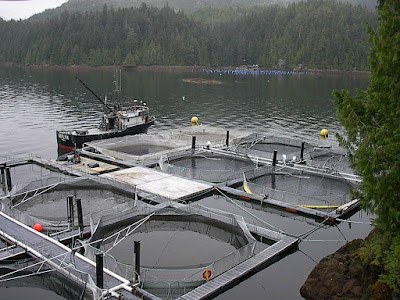SHRIMP SPECIES AND THEIR SUITABILITY

Many factors must be considered when a farmer is deciding which species of shrimp he should culture. Due to its large size and high price, Penaeus monodon and P. indicus are generally considered for farming. It has also been seen that both these species are suitable for farming in Kerala's environment. Apart from these candidate species other commercially important species such as Metapenaeus ensis , M. monoceros , M. brevicornis , Penaeus semisulcatus and P. merguiensis are also potential species that can be grown in India. Another potential candidate species that is flooding international market is the White leg shrimp, Penaeus vannamei. Although the Government of India has not yet given sanctions to culture it in the country, many Asian countries have already started to culture this species. Advantages of P. monodon It attains a large size. Shrimp with a size of 10 to 12 pieces/kg are commo...



